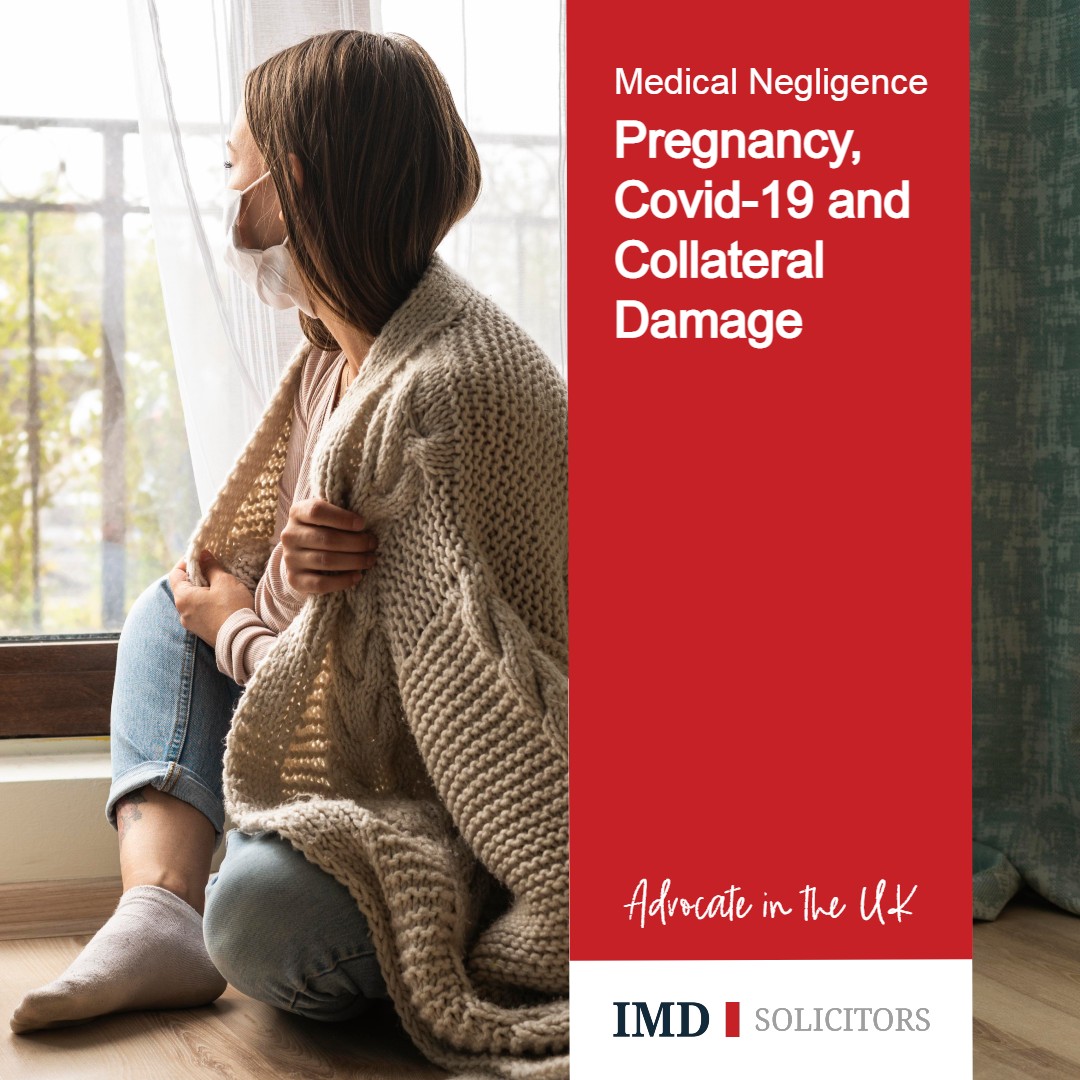
We all know how rapidly the Covid-19 virus spread and changed the world causing immense suffering and tragedy, and for many on a very personal level. The huge restrictions on mobility and on meeting one another as well as the rapid spread of the virus has had an impact. Unlike the Spanish flu and pandemics of the past, rapid dissemination of information has in itself added to what is already a complex situation with many conspiracy theories.
However, if we see this from the lens of those affected it brings it to home as how people have been affected, some more disproportionately than others but everyone will have been touched in some ways.
Coronavirus is a novel virus for which there is no cure and no track record or data on how it will behave. Those treating us have done the best they can with what they have, and much more. Equally, we see daily reports of NHS backlog of operations and procedures which now need to be tackled amidst a new and stronger variant. So many people will be waiting in pain for treatment and their quality of life compromised or some will have died waiting for non-covid-19 care.
We know Covid-19 affects the vulnerable especially, those of a certain age group and those with cormorbities. Pregnancy is also a comorbidity as the woman is accommodating a fetus that is made up of her genes and that of her baby’s dad. We know in simplistic terms Covid-19 affects the respiratory system. The virus is highly transmissible and is an easy virus to catch. It enters the body through the nasal passage, the lining of the mouth, throat and the eyes. Once infected the person suffers aches and pains and has difficulty breathing. There are many other symptoms which keeps changing with each new variant. Most people with good immune system will be better able to fight it but we know even healthy people have suffered and lost their lives.
We saw as the pandemic unfolded how the advice on what to do and what not to evolved.
Medical service management will have changed as more is known about the virus now so how patients were treated in the first wave will be different to how patients were treated in the second wave.
For pregnant women, they will have experienced heightened anxiety of whether or not to have the vaccination and whether to seek medical attention when they were not feeling well for fear of adding more pressure on what was an overburdened health system. Dads will have been deprived of being present at childbirth and many dads will not have been able to attend routine antenatal appointments with their partners. Different hospitals had different rules and each hospital will have had their own challenges from PPE resourcing to capacity, to social distancing in the work place so that everyone is ‘safe’.
For health care workers, they too will have faced acute challenges, some were absent because they caught the virus from caring and some were told to quarantine following the test and trace guidance. We applauded the health care workers while they were on the frontline but their challenges during the pandemic will have been huge yet unique to them. Those health care workers who were able to work long hours might have faced issues finding childcare.
The collateral damage from the past 18 months will be greater than we care to note. To name a few these include:
As Clinical negligence lawyers we see more people calling us not necessary because they have a medical negligence claim but because they want help to get medical treatment as they have been waiting.
We need to be extra mindful as the next person we speak to could well have their own Covid-19 story of how the pandemic has affected them. A sobering thought!
This article is for general information only and does not constitute legal or professional advice. Please note that the law may have changed since this article was published.